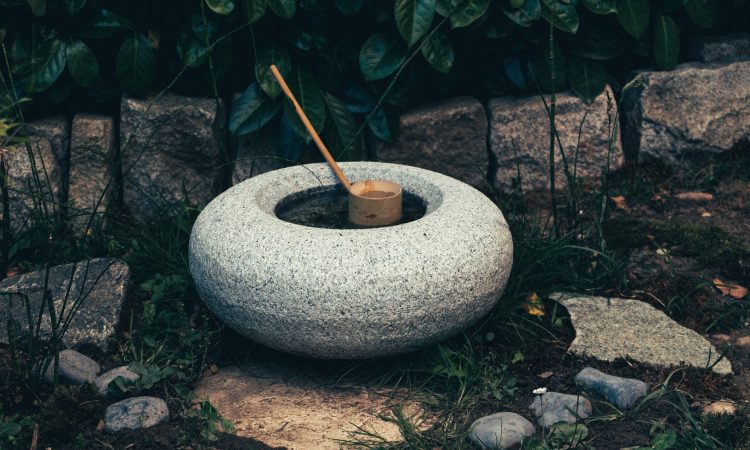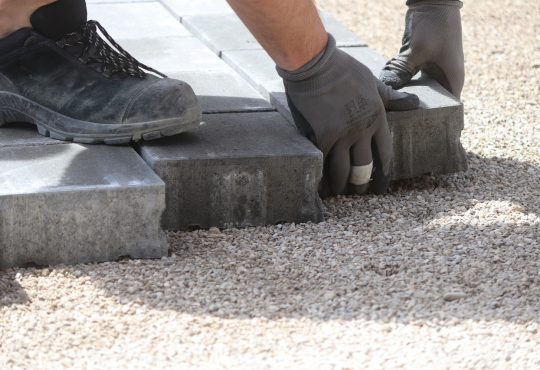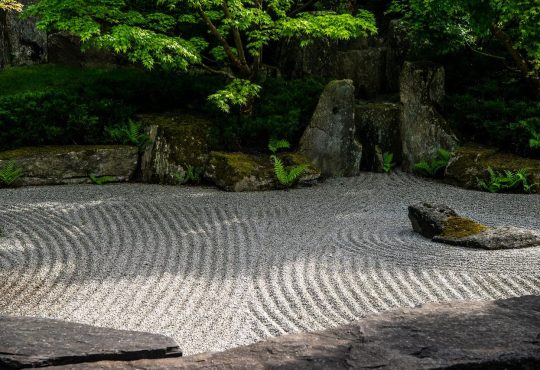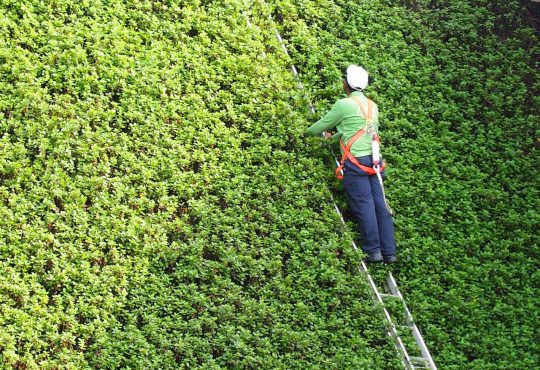In the place of residence, people create beauty from what they see nearby. The Japanese have stones there where they create compositions from them. Japanese Zen garden is not only a trend, the artful conception of this rock garden is referring to several philosophies, but in Western lifestyle it is known that Zen garden is generally identified as a type of meditation.
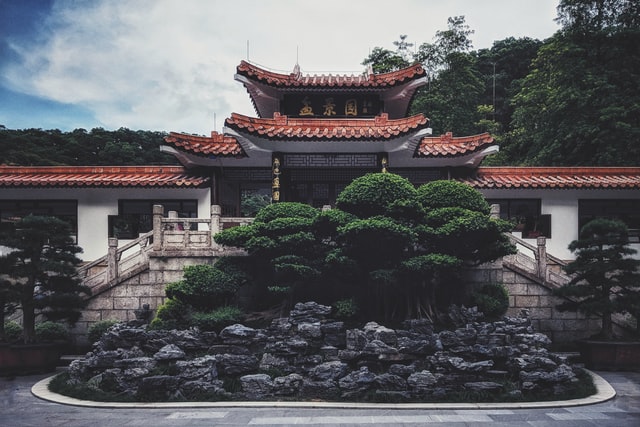
Sand soothes and assists with self-reflection. Zen garden or Japanese garden consists mainly of gravel, stones and boulders, for which it was awarded the name dry garden. It does not have the usual abundance of greenery, lush flowers and outlandish plants. Everything is extremely minimalistic and intimate, because the Zen garden was created primarily for leisurely walks, relaxation and deep meditation. In a real Japanese garden, it is customary to refrain not only from planting plants, even the appearance of moss or a water source is not allowed here. The Japanese garden ideas show that for a complete immersion in self-knowledge, it is enough that there are only large boulders in the garden, which are surrounded by wavy lines of gravel. There must be an odd number of boulders, and it is desirable to draw the lines so that it is impossible to determine their beginning and end.

One of the most important properties of a Japanese garden is that you can create it almost anywhere – near the house, on the terrace, and even… on your own desktop. To do this, you only need a small wooden container, which should be filled with sand or gravel to the top. One can make a composition of stones in it and, if desired, apply long curved lines around the stones, resembling ripples of water. Perhaps the main advantage of a Zen garden is its flexibility. It will easily adapt to any climatic conditions and to any size of the UK back yard, and it will not require much time for its care. Unlike a traditional garden, the design of a Zen one can be changed and improved at least every day, or it can be left in its original form for months. Stones, moss and gravel require much less attention than live plants.

